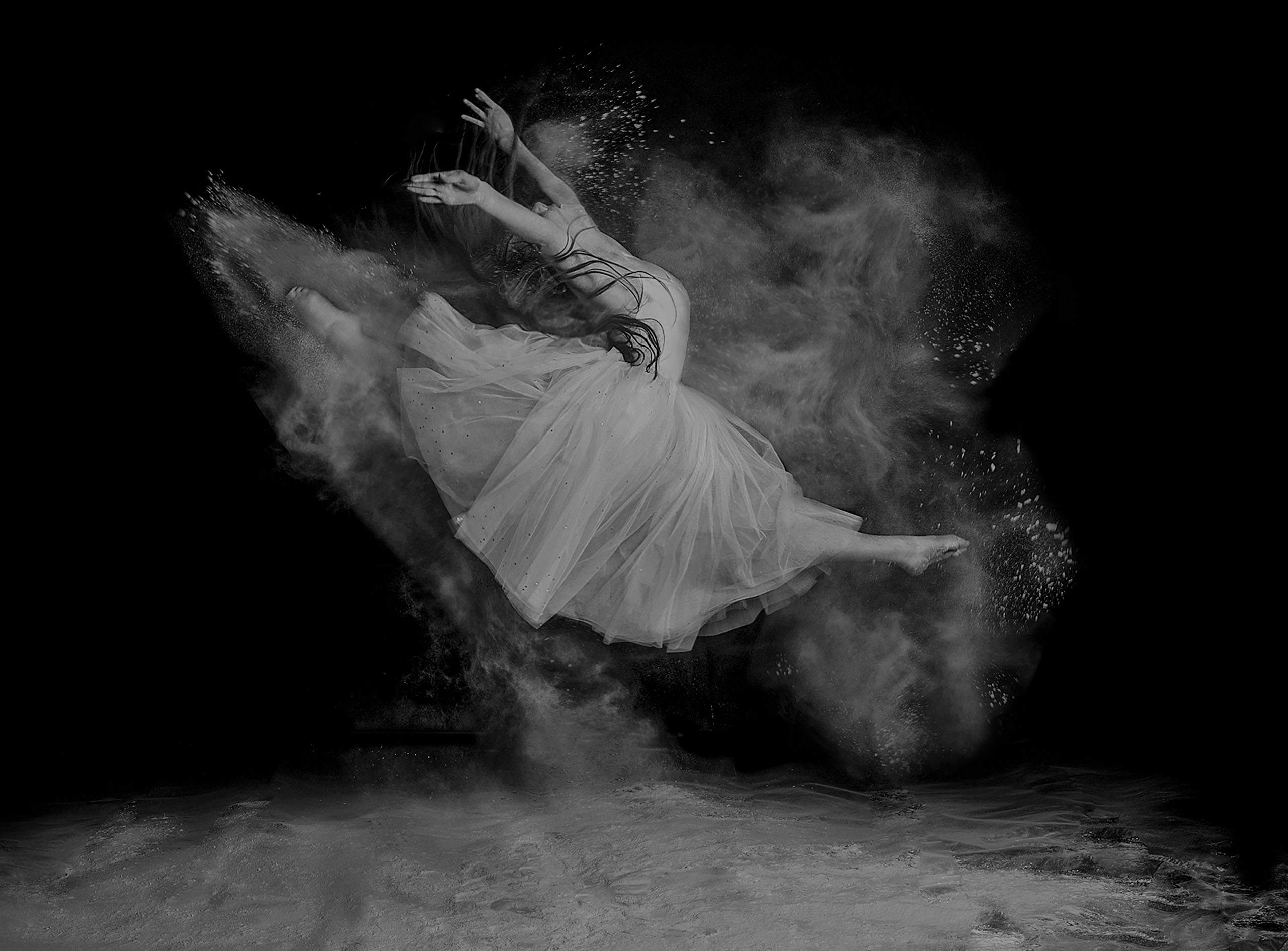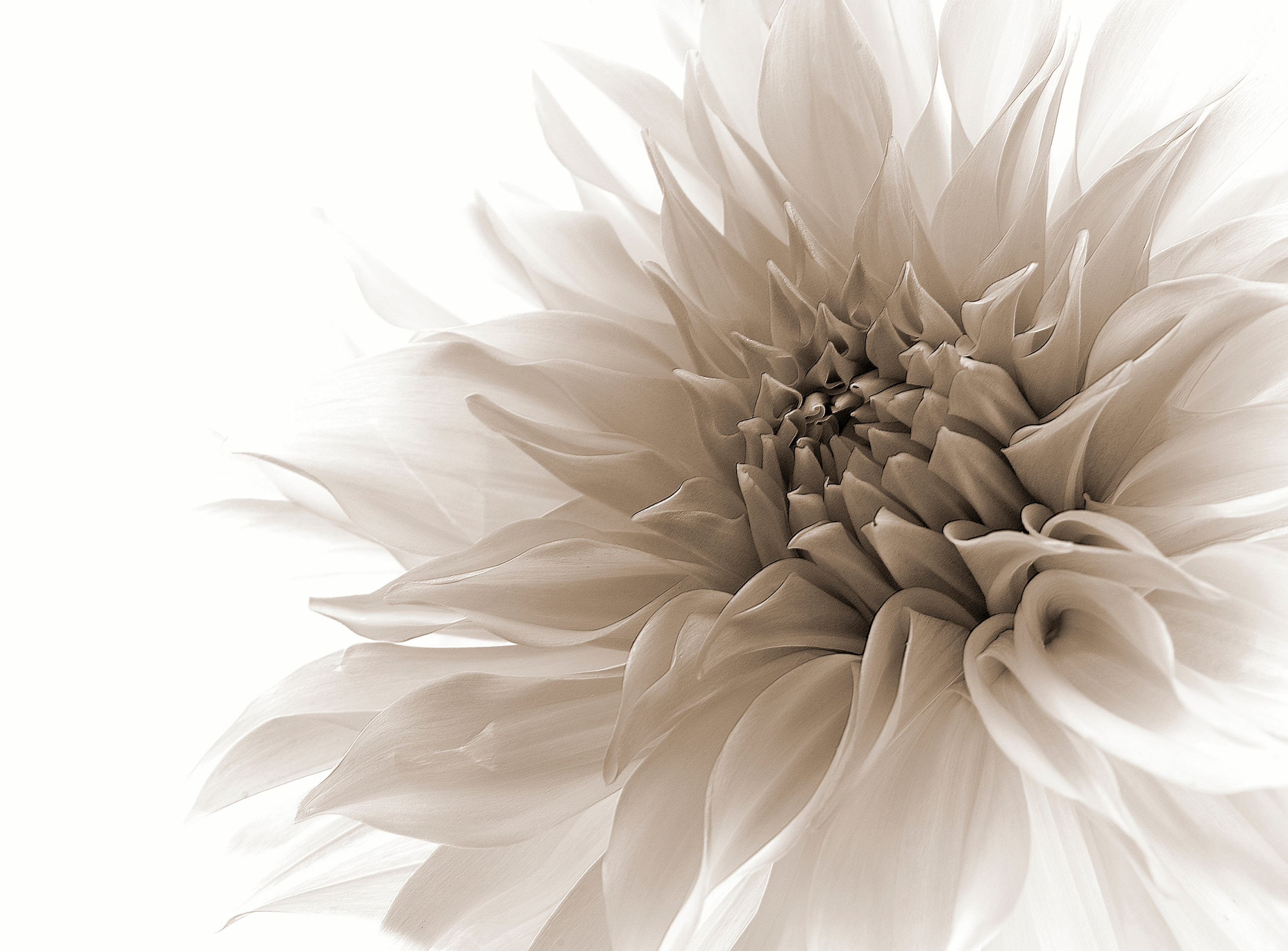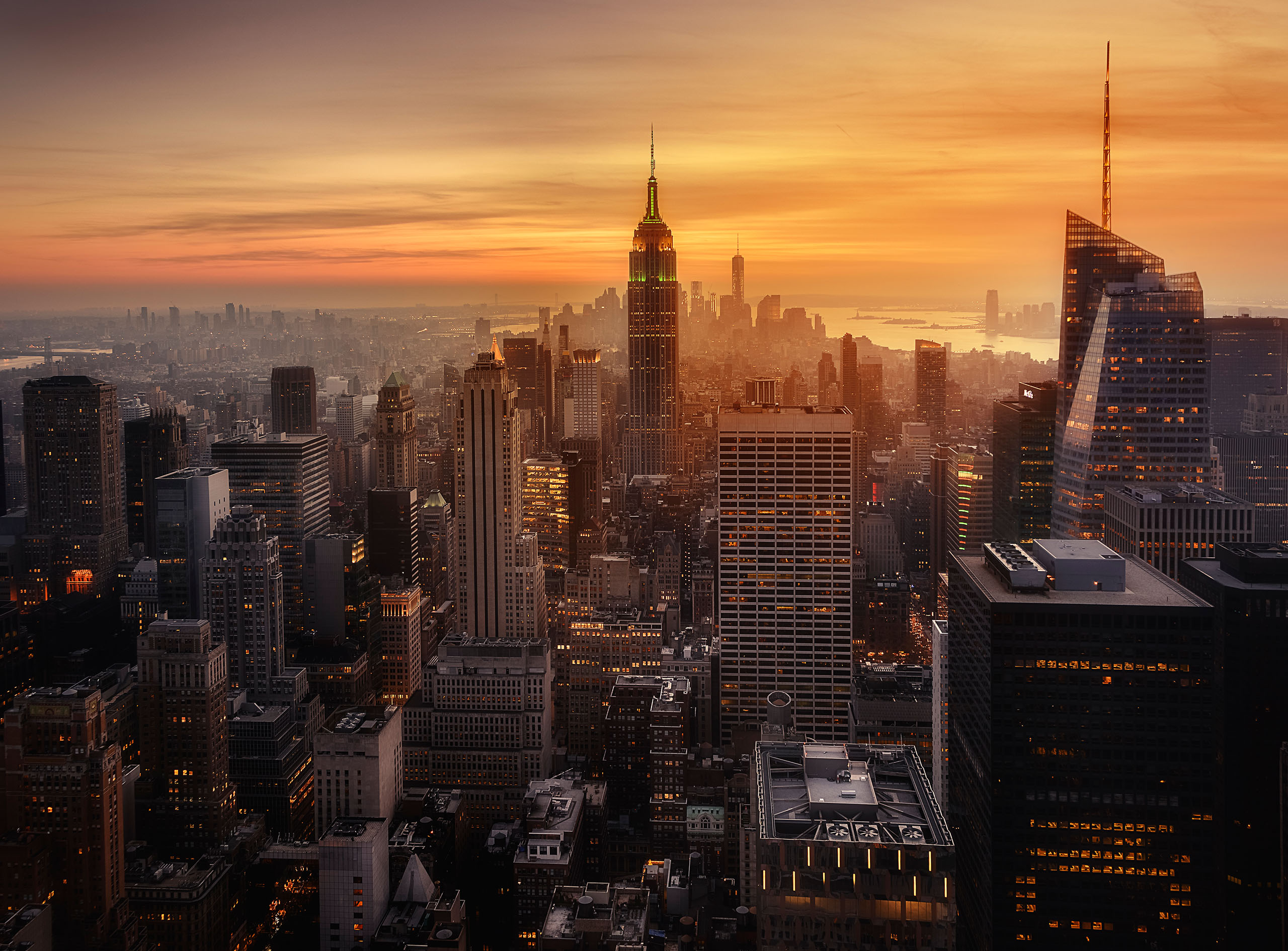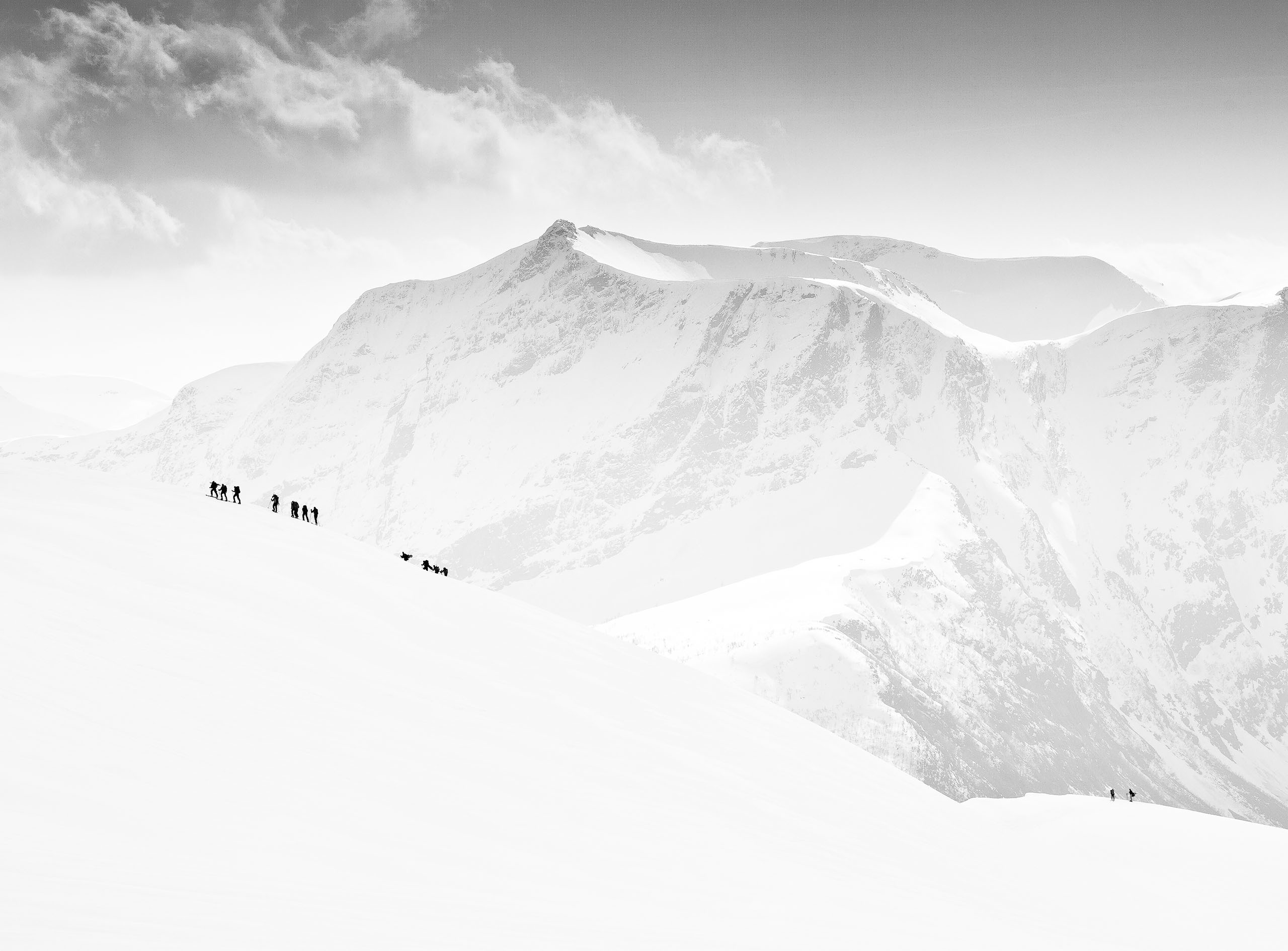I still have to learn a lot, but this is how I learned what I have learned so far. :)
When I bought my first camera (DSLR) I decided to set it to Manual immediatly and leave it there no matter what, in order to learn how the camera works. I wanted to be able to choose every setting myself and to understand what I was doing.
I learned a lot by watching photographs and paintings.
Here on 1x I read a lot of comments in the Critique gallery, not only on my own images but also on others.
My mother is a painter, I think I learned a lot from her. She often has good tips about composition and lights and darks, if I ask her to take a look at a photo and she sees there's something wrong with the compo or light she will tell me. And she asks me too to look at her paintings and how I think about it. We discuss each other's work.
I also read and watched a lot of tutorials, on youtube for instance I learned how to work with photoshop.
Also I try to take a good look at colors I see, without a camera. I ask myself questions like, which colors do I really see? Which color has the shadowpart of the white door, and which color has the sunlit part? Which colors have the trees in the distance? And then you see the trees in the distance are purple for instance, and the shadows on the white door are different shades of blue, depending on the light. I think that might be helpful for editing images.
And I also imagine photographs without having a camera with me, just looking around and imagine a frame, ah, that would be a nice photo. At first I did this on purpose but now I do this unconsciously. But I think most you do that.







